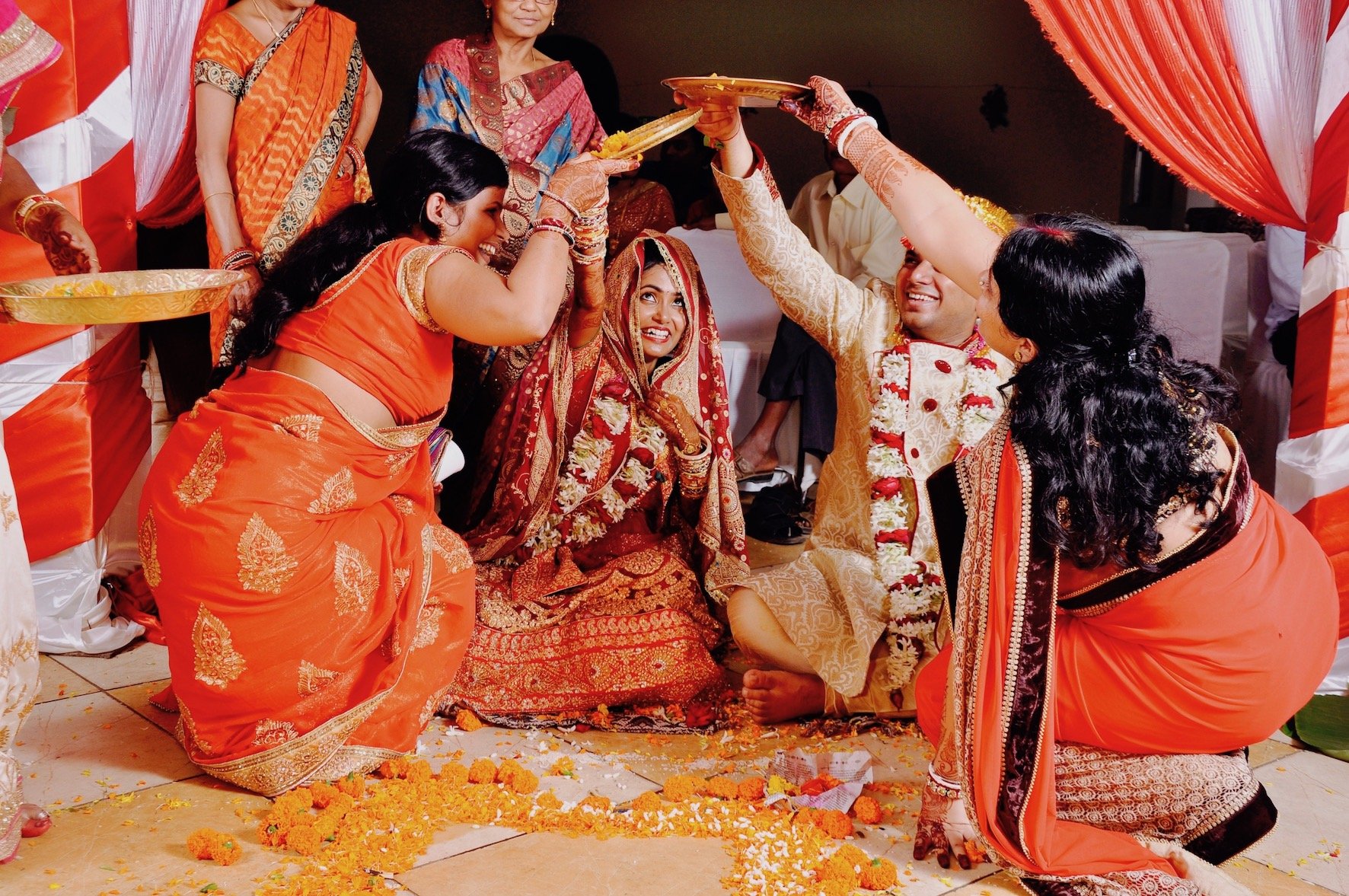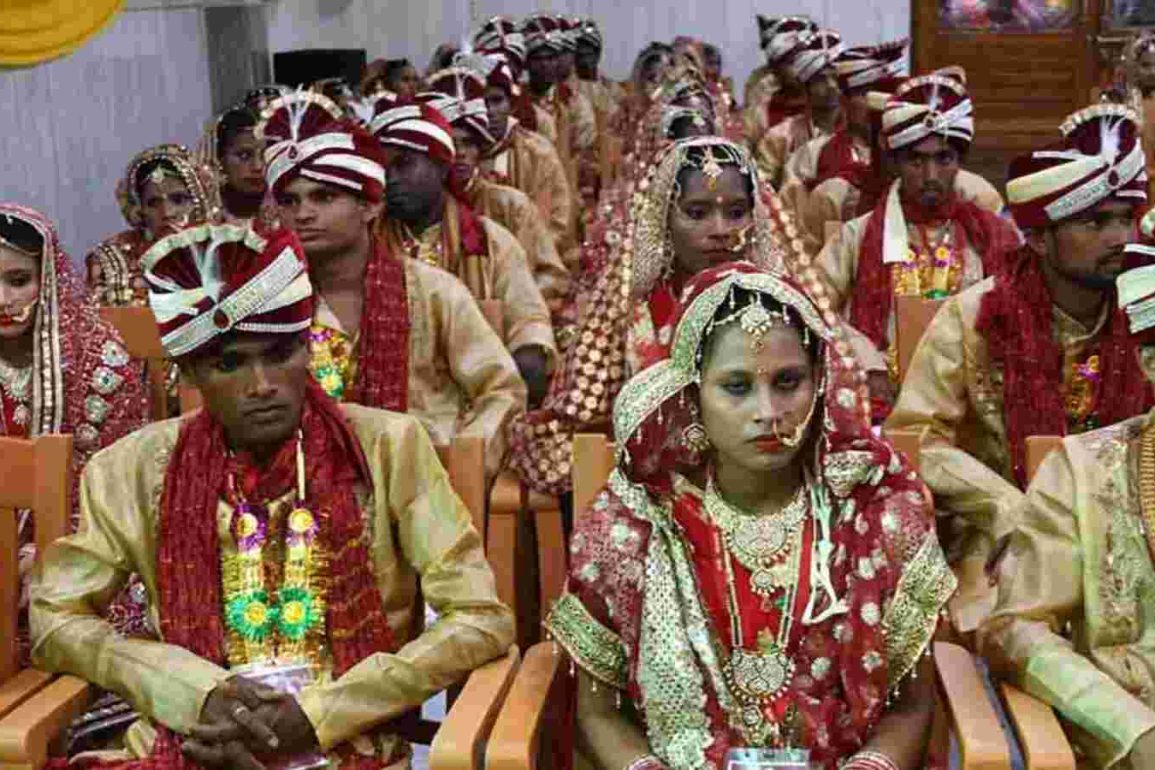Indian weddings are renowned for their grandeur, vibrant colors, and intricate rituals. Amidst the joy and celebration, one crucial aspect often takes center stage – caste. Yes, you heard that right! Despite India’s evolving social terrain and efforts towards caste-based equality, caste still plays a significant role in shaping the dynamics of Indian weddings. In this article, we’ll go into the reasons why caste remains a vital component of Indian nuptials.
The Legacy of Caste: Understanding its Impact on Indian Weddings
Caste, a social hierarchy rooted in Hinduism, has been a cornerstone of Indian society for centuries. The practice is based on the notion that certain occupations, behaviors, and values are inherent to specific groups, assigning people to a particular caste. In Indian weddings, caste is often a determining factor in the choice of partner, ensuring that the couple shares the same social standing. This phenomenon is evident in the way parents scrutinize the background of potential matches to gauge their son or daughter’s social status.
Caste and Family Ties: The Bond That Still Unites
Family ties are closely linked to caste in Indian weddings. The desire to strengthen family ties plays a significant role in the selection of a partner. Parents seek to ensure that their child marries within their own caste to maintain social standing, cultural heritage, and family lineage. This tradition is rooted in the notion that marrying within one’s own caste is essential for maintaining family honor and prestige. As a result, caste remains an integral aspect of the wedding process, often creating a sense of community and belonging.
Breaking the Mold: Challenges and Opportunities for Change

Despite the increasing awareness of caste-based discrimination and the efforts to transcend caste barriers, many Indian parents continue to prioritize caste when selecting a partner for their child. However, this rigid approach is slowly giving way to a more progressive understanding of the importance of consent, love, and individual freedom. The fact that many young Indians are embracing inter-caste marriages, choosing their own partners, and challenging traditional norms, offers hope for a more inclusive and progressive future.
The Evolution of Caste in Indian Weddings
Caste still matters in Indian weddings, albeit in a more nuanced and complex manner. While the practice is not as rigid as it once was, it continues to shape the dynamics of Indian matrimony. As India evolves and becomes more cosmopolitan, the importance of caste is slowly declining, replaced by a growing emphasis on love, consent, and individual choice. In the midst of this transformation, understanding the significance of caste in Indian weddings remains crucial for fostering greater empathy, tolerance, and social cohesion.


